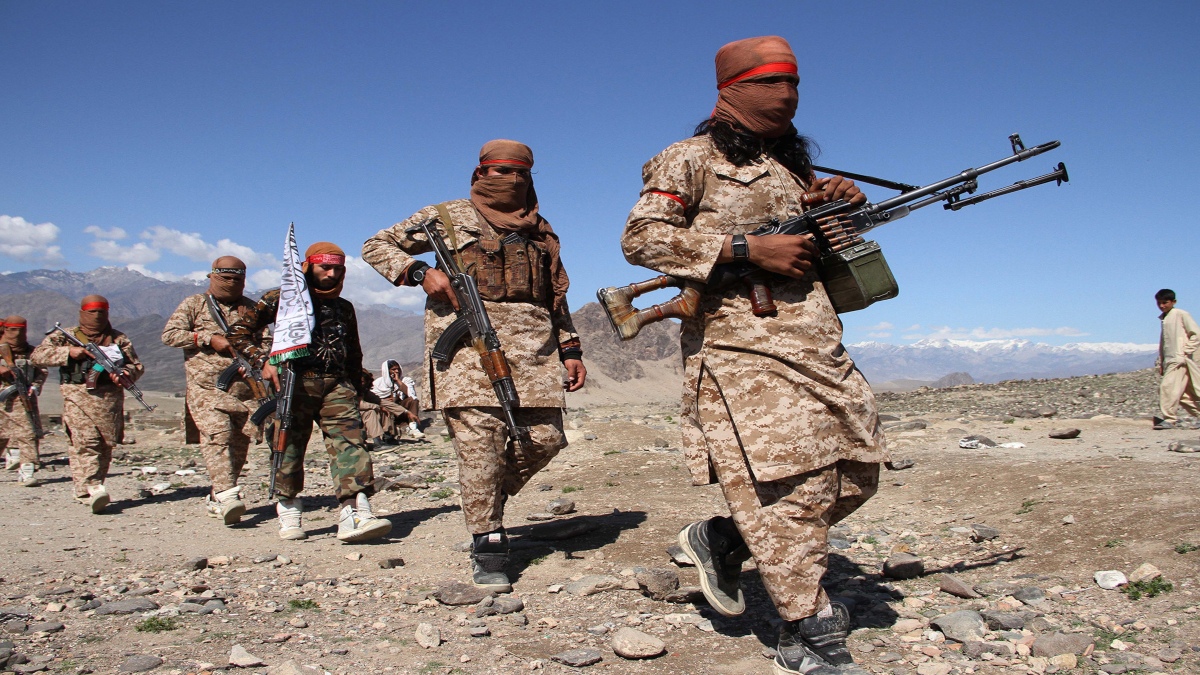


The Indian diplomat’s meeting with a Taliban leader in Doha on the safe and early return of Indians stranded in Afghanistan has thrown up the question of providing recognition to the Taliban-led government once it is formed in Afghanistan.
Even as India reacts quite cautiously on the developments in the war-torn country, top MEA sources told The Daily Guardian that “neither New Delhi has reached any decision on the issue of recognising the Taliban regime, nor is it in a hurry to take a final call on that.” Sources also asserted: “Indian Ambassador Deepak Mittal’s meeting with a Taliban leader at the request of the militia at the Indian embassy in Doha should not be construed as India having decided to extend legitimacy or recognition to them in Kabul.”
“Like other democracies of the world, what India wants is that the Taliban should walk the talk on terrorism and also on not allowing its soil for anti-India activities (by terror organisations, Pakistan and China),” sources told TDG.
A diplomat said that Sher Mohammad Abbas Stanekzai, the head of Taliban’s political office, assured Deepak Mittal that Afghanistan’s soil will not be allowed to be used for any anti-India activity or by any terror organisation. “Now, it is for the Taliban to show how it keeps its promise,” he says.
The meeting was purely triggered by India’s concern for the safety and early return of Indians who are stranded in Afghanistan. Moreover, India was keen to use any such engagement to warn the Taliban against the use of Afghanistan’s soil for terror activities.
Sources say the high-level committee consisting of External Affairs Minister Subrahmanyam Jaishankar, National Security Advisor (NSA) Ajit Doval and senior strategic and security officials is looking into every single detail pertaining to the Afghanistan developments. The committee has held several rounds of consultations so far and Prime Minister Narendra Modi is being updated on the goings-on regularly.
South Block based sources privy to strategic meetings say that the Taliban’s every single activity and statements from the outfit’s leaders are being assessed and analysed. “The Taliban’s behaviour and conducts are being watched closely by India which is also working with other democratic countries,” they said.
There is no denying that India has been following the policy of wait and watch. India is keeping a close watch on what sort of government is formed and what policies and agenda are disclosed by the regime so formed in due course of time. Last week, MEA spokesman Arindam Bagchi said that we should not jump the gun on the Afghanistan situation.
External Affairs Minister Jaishankar is said to have decided to meet his counterparts of several countries with regard to the issues arising out Taliban’s seizure of power in Kabul. According to sources, India wants to keep its diplomatic channels more active with Iran and Russia. Both nations are quite active in Afghanistan post-Taliban takeover.
Jaishankar has already spoken to his counterparts from UAE and Saudi Arabia over the Afghan situation. He is said to have established a contact with the Russian foreign minister Sergey Lavrov recently. PM Modi had also spoken to Russian President Vladimir Putin just a few days ago on regional security in the backdrop of the situation prevailing in Afghanistan. India and Russia agreed to work in close coordination as far as Afghanistan is concerned.
According to a diplomat, one of India’s main concerns is to protect its heavy investment in Afghanistan and to contain Pakistan and China there. Top strategic officials, who discussed it recently, are of the view that India should continue to use diplomatic channels with nations such as Russia, Iran, UAE, Saudi Arabia, etc, New Delhi wants to have better coordination with these countries which have influence in Afghanistan.